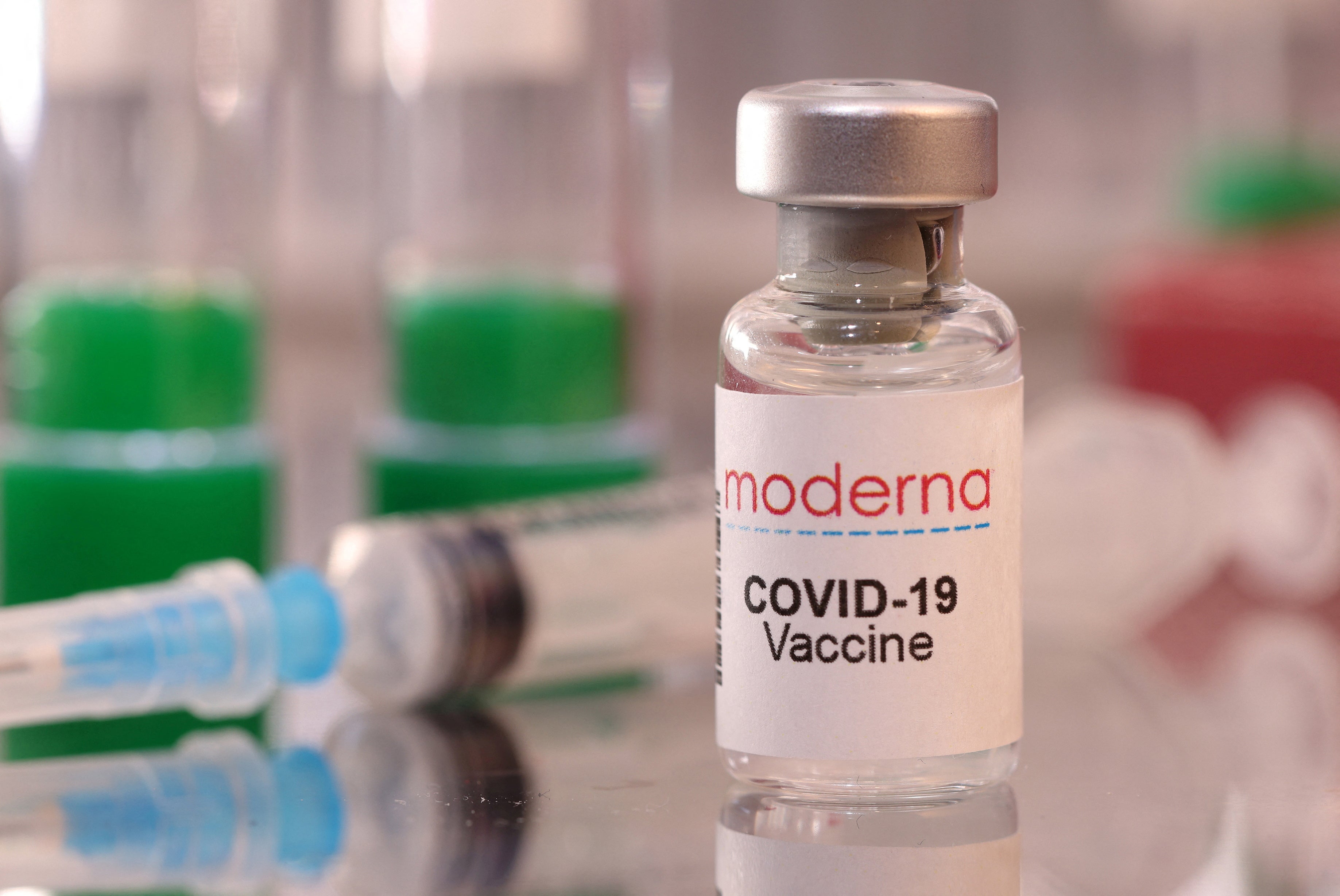Omicron just as deadly as earlier Covid variants, Harvard scientists claim
The large study, published in Research Square, is yet to be peer-reviewed

Your support helps us to tell the story
From reproductive rights to climate change to Big Tech, The Independent is on the ground when the story is developing. Whether it's investigating the financials of Elon Musk's pro-Trump PAC or producing our latest documentary, 'The A Word', which shines a light on the American women fighting for reproductive rights, we know how important it is to parse out the facts from the messaging.
At such a critical moment in US history, we need reporters on the ground. Your donation allows us to keep sending journalists to speak to both sides of the story.
The Independent is trusted by Americans across the entire political spectrum. And unlike many other quality news outlets, we choose not to lock Americans out of our reporting and analysis with paywalls. We believe quality journalism should be available to everyone, paid for by those who can afford it.
Your support makes all the difference.The Omicron variant of Covid-19 is just as potent as other variants that came before it, according to a new study in the US.
The study, which has yet to be peer-reviewed, would bring into question the widespread public perception that Omicron — while more transmissible — results in less severe symptoms and fewer hospitalisations.
Researchers assessed the records of 130,000 Covid patients in the past two years, spanning periods when different variants were dominant across the world.
"We found that the risks of hospitalisation and mortality were nearly identical between periods," said the four scientists, three of whom are based at Harvard Medical School in Massachusetts.
The study, titled “Sars-Cov-2 Omicron Variant is as deadly as previous waves after adjusting for vaccinations, demographics and comorbidities”, was published on Research Square on 2 May.
The findings come at a time when a new Omicron subvariant, BA.2.12.1 appears to be spreading more quickly than BA.2 — sometimes referred to as the “stealth Omicron” variant. BA.2.12.1 was responsible for about 29 per cent of new coronavirus infections in the US as of mid-April.
The doctors tested the assumption that Omicron causes less severe symptoms and illness by linking state-level vaccination data with quality-controlled electronic health records from a large healthcare system, including 13 hospitals in Massachusetts.
The researchers then performed “a weighted case-control study to compare risks of hospital admission and mortality across the Sars-Cov-2 waves in over 130,000 Covid patients”.
“Although the unadjusted rates of hospital admission and mortality appeared to be higher in previous waves compared to the Omicron period, after adjusting for confounders including various demographics, Charlson comorbidity index score and vaccination status, we found that the risks of hospitalisation and mortality were nearly identical between periods,” wrote the researchers.
The scientists said that understanding the “intrinsic severity” of Omicron is challenging because a number of confounding factors affecting its potency have changed since the start of the pandemic.
“The confounding factors include the initiation of new vaccines and therapeutics, implementation of various public health strategies, variations in vulnerability that can be proxied in demographic factors and differences in healthcare utilisation practices,” it said.
The report said that any comparison between Covid-19 variants without adequately adjusting these factors “can mislead both the public and medical experts of the true danger of the variant”.
The researchers, however, accepted that their study could have several limitations, including the possibility that it underestimated the number of vaccinated patients in more recent Covid waves, and the total number of infections, because it excluded patients who performed at-home rapid tests.
First detected in Southern Africa and Hong Kong in November 2021, Omicron was confirmed to be the dominant variant in the UK by December.
Most common Omicron symptoms
According to a paper published in the infectious disease and epidemiology journal Eurosurveillance, there are up to eight symptoms in fully vaccinated individuals that indicate they might be infected with the Omicron variant of coronavirus.
These were a cough, runny nose, fatigue, sore throat, headache, muscle pain, fever and sneezing.
Experts also add nausea to this list of symptoms in vaccinated people who have contracted the Omicron variant.
Two early warning signs include fatigue and dizziness/fainting.
More than simply feeling tired, fatigue can translate to bodily pain by causing sore or weak muscles, headaches, and even blurry vision and loss of appetite.
The new subvariant, BA.2.12.1, also shows flu-like symptoms, affecting the upper respiratory tract but not the lungs, Prof Elizabeta Mukaetova-Ladinska, professor in psychiatry of old age at the University of Leicester told Medical News Today.
Cases in the US are now up to around 56,000 new infections a day, from about half that in April. And while the virus has also shown an increased ability to replicate and transmit from person to person, doctors are unsure why exactly cases there are rising.
“Is it because of BA.2.12.1? Is it because people are not wearing masks? Is it because immunity from prior vaccines is waning? These are just some of the unknowns raised by any new variant,” said Dr David Cutler, family medicine physician at Providence Saint John’s Health Center in Santa Monica.
Join our commenting forum
Join thought-provoking conversations, follow other Independent readers and see their replies
Comments